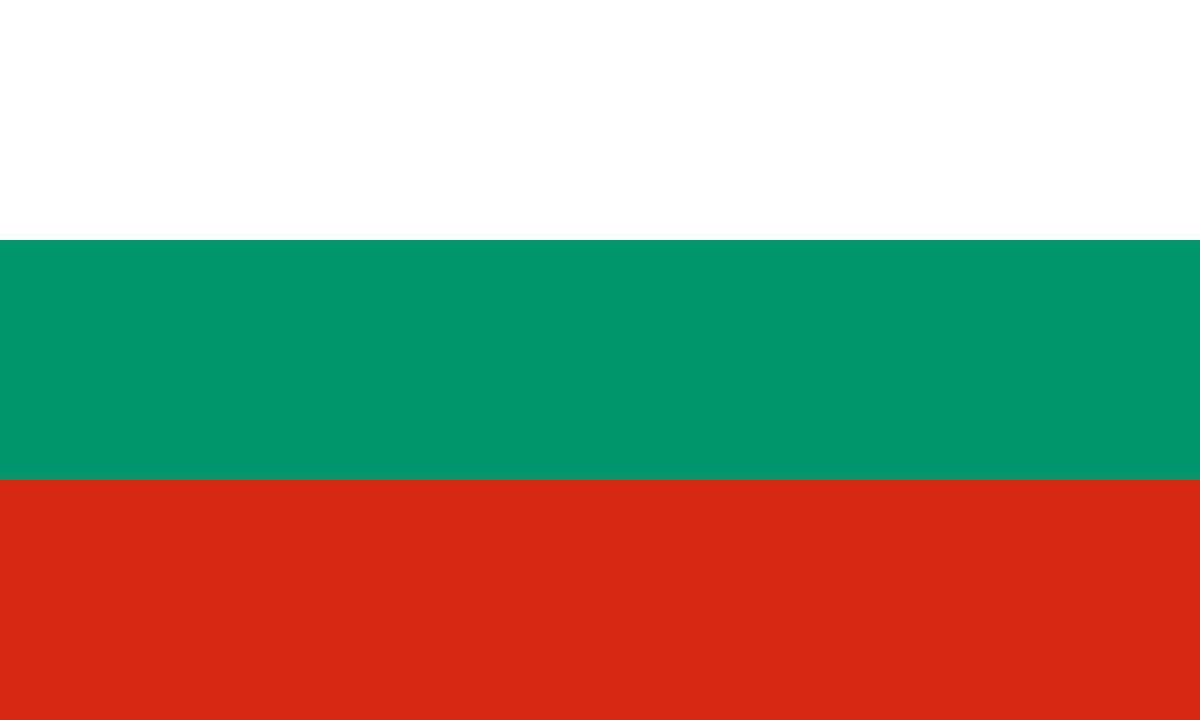Bulgaria Liberation Day: Commemorating Independence and Sacrifice

Bulgarian Liberation Day, observed on March 3 each year, stands as a testament to the nation’s resilience and determination. This significant day commemorates the hard-fought independence achieved in 1878, marking the end of almost 500 years of Ottoman control. Join us as we delve into the historical narrative, the struggles, and the enduring significance of Bulgaria Liberation Day.
History of Bulgaria Liberation Day
Bulgaria traces its roots back to 681 A.D., forming the First Bulgarian Empire. However, from 1396 to 1878, it endured the oppressive rule of the Ottoman Empire. Two failed uprisings in 1875 and 1876 left thousands of dead, prompting Russia’s intervention.
In 1877, Tzar Alexander II of Russia led the charge against the Ottomans. The conflict culminated in the signing of the Treaty of San Stefano on March 3, 1878, recognizing Bulgaria as an independent state. This marked the establishment of the Principality of Bulgaria, the first step towards full independence. Despite the initial opposition from Great Powers, Bulgaria gained independence on March 3, 1878. Prince Alexander of Battenberg became Bulgaria’s first ruler on the same day in 1880. The journey towards sovereignty faced hurdles, but the perseverance of the Bulgarian people prevailed.
Significance of Bulgaria Liberation Day
Liberation Day symbolizes a pivotal moment in Bulgarian history, representing the country’s break away from Ottoman rule. Multiple attempts to liberate Bulgaria cost countless lives. The observance is an opportunity to appreciate the sacrifices of those who contributed to unifying the nation.
Many small communities, devastated during the war for independence, use this day to reflect on the tyranny, struggle, and ultimate liberation. Bulgaria boasts a storied history, being Europe’s oldest country since its founding in 681 A.D. The Cyrillic alphabet, created by Bulgarian monks Cyril and Methodius, stands as a testament to the nation’s cultural contributions.
During World War II, Bulgaria was invaded by the Soviet Union, leading to the establishment of a Communist administration in 1946. The monarchy was deposed, and the Bulgarian People’s Republic endured until 1990. Bulgaria is known for its ancient origins, unique customs like head-shaking for approval, and being Continental Europe’s record holder for natural mineral springs.
Bulgaria Liberation Day Celebrations
Initially declared on February 19, 1880, as the Day of Emperor Alexander II’s Assassination and the Signing of the San Stefano Peace Treaty, Liberation Day officially became a national holiday in 1990. Flowers, messages, and fireworks adorn the commemorations, especially in the towns ravaged during the war for independence.
Commemorative Events
- Attend an Event: Join events at the Shipka Pass, focusing on a crucial battle during the Russo-Turkish War.
- Make Bulgaria Your Next Destination: Explore the diverse landscapes, including mountains, prairies, the Black Sea Coast, rivers, and hot springs.
- Indulge in Bulgarian Cuisine: Experience culinary delights like Banitsa or Tarator to celebrate the rich cultural heritage.
Bulgaria Liberation Day Timeline
- 1877 – The War Starts: The Russo-Turkish War begins.
- 1878 – The Treaty Is Signed: The San Stefano Treaty is signed on March 3, recognizing Bulgaria as an independent state.
- 1880 – First Liberation Day Celebration: Liberation Day is observed for the first time on February 19.
- 1888 – Official Designation as Liberation Day: The Principality of Bulgaria officially designates the observance as Liberation Day during the 10th anniversary.
5 Mind-Blowing Facts About Bulgaria
- Ancient Roots: Bulgaria is Europe’s oldest country, founded in 681 A.D.
- Reverse Thinkers: Bulgarians shake their heads to show approval.
- Top Marks: Bulgaria holds the record for the most natural mineral springs in Continental Europe.
- Creative Legacy: The Cyrillic alphabet was created by Bulgarian monks Cyril and Methodius.
- Oldtimer: Sofia, Bulgaria’s capital, is Europe’s second-oldest city, founded 7,000 years ago.
Bulgaria Liberation Day Dates
- 2024: March 3 (Sunday)
- 2025: March 3 (Monday)
- 2026: March 3 (Tuesday)
- 2027: March 3 (Wednesday)
- 2028: March 3 (Friday)
In conclusion, Bulgaria Liberation Day encapsulates a saga of resilience, sacrifice, and triumph. As we commemorate this day, let us reflect on the historical journey that has shaped Bulgaria into the proud and independent nation it is today.
Observer Voice is the one stop site for National, International news, Sports, Editor’s Choice, Art/culture contents, Quotes and much more. We also cover historical contents. Historical contents includes World History, Indian History, and what happened today. The website also covers Entertainment across the India and World.
Follow Us on Twitter, Instagram, Facebook, & LinkedIn

